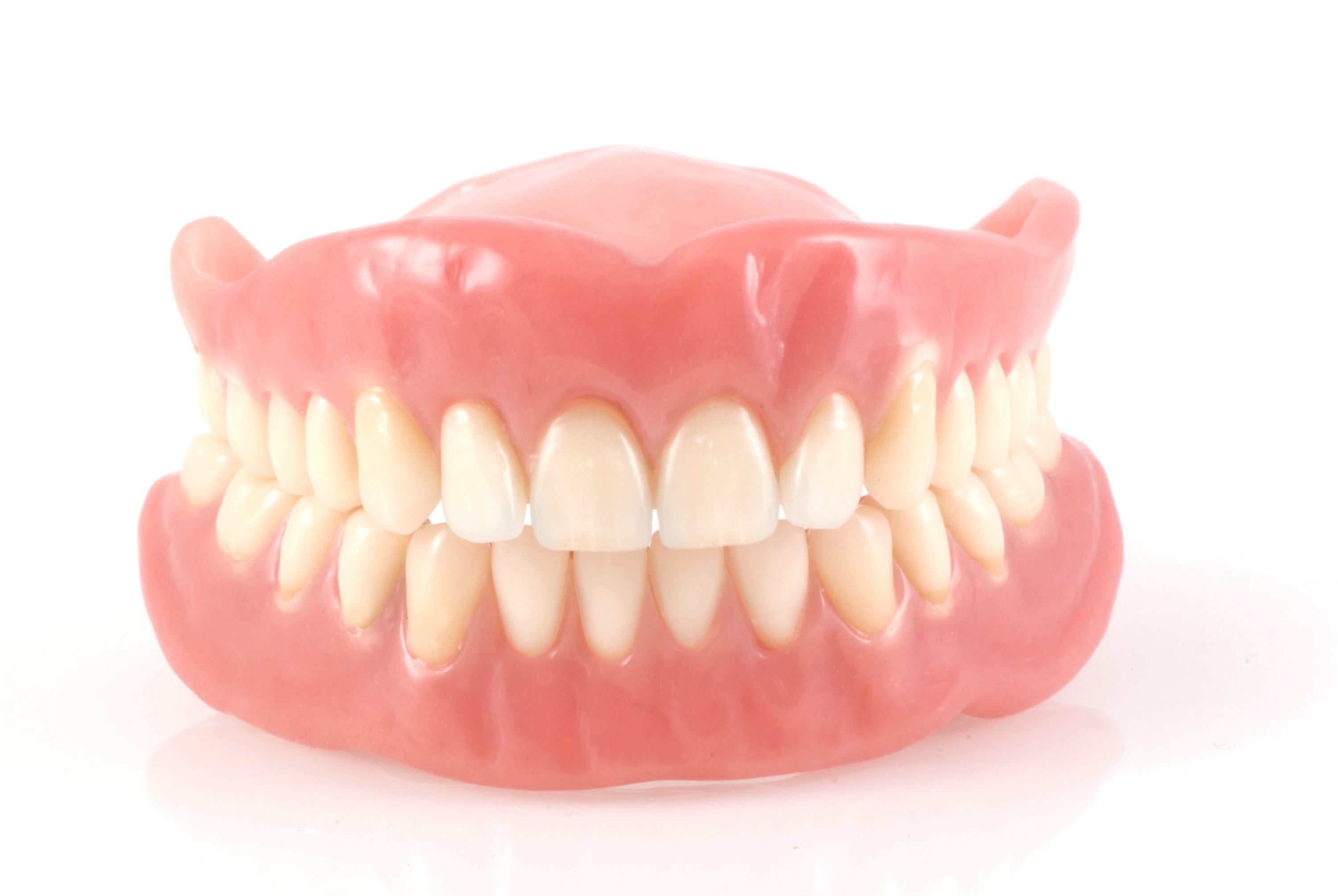Dentures

Have you ever wondered how dentures work and why they are such a popular solution for missing teeth? Let's dive into the fascinating world of dentures and explore the science behind these dental prosthetics.
What are Dentures Made of?
Dentures are typically made of a combination of acrylic resin and metal. The acrylic resin forms the base of the denture, providing a comfortable and natural-looking foundation for the artificial teeth. The metal framework, often made of cobalt-chromium, adds strength and durability to the denture, ensuring that it can withstand the pressures of daily use.
How Do Dentures Stay in Place?
One of the key challenges with dentures is keeping them securely in place. This is where the power of suction comes into play. Dentures are custom-made to fit the contours of the patient's mouth, creating a seal that allows for suction to hold the denture in place. In some cases, dental adhesives can also be used to provide additional stability.
Types of Dentures
There are several types of dentures available, depending on the patient's needs. Full dentures are used when all of the natural teeth are missing, while partial dentures are used when some natural teeth remain. Implant-supported dentures offer a more secure fit by attaching the denture to dental implants in the jaw.
The Benefits of Dentures
Dentures offer a range of benefits to patients with missing teeth. They can improve the ability to chew and speak, restore facial structure and aesthetics, and prevent the remaining teeth from shifting out of place. Dentures also provide support for the lips and cheeks, helping to maintain a more youthful appearance.
Caring for Dentures
Proper care and maintenance are essential to ensure the longevity of dentures. Dentures should be cleaned daily with a soft brush and denture cleaner to remove plaque and bacteria. It is also important to remove dentures at night to give the gums and jawbone a chance to rest.
Now that you understand the science behind dentures, you can appreciate the intricate design and functionality of these essential dental prosthetics. Whether you are considering dentures for yourself or a loved one, knowing how they work can help you make an informed decision about your oral health.








